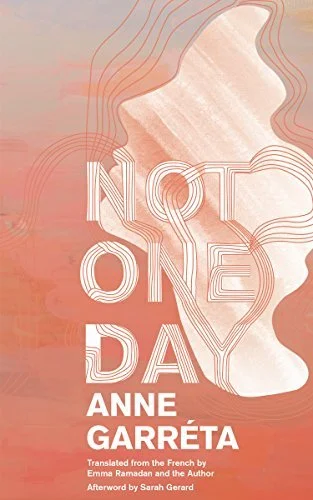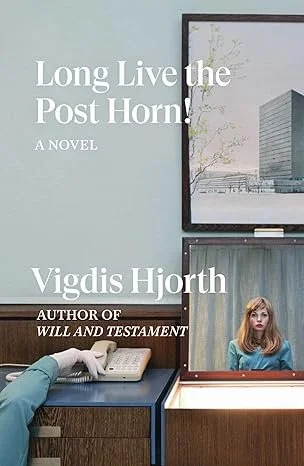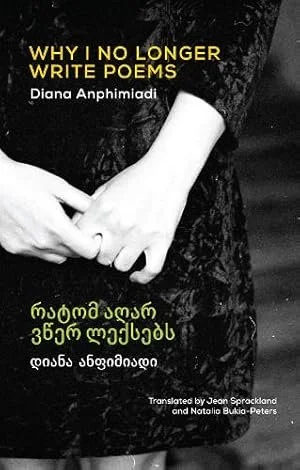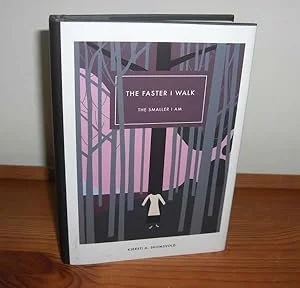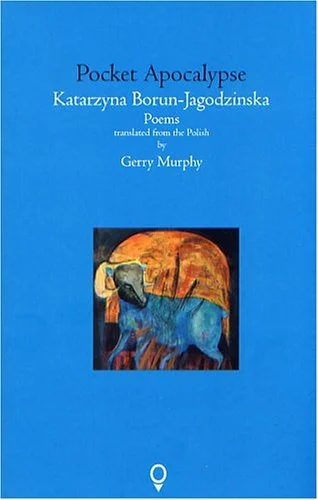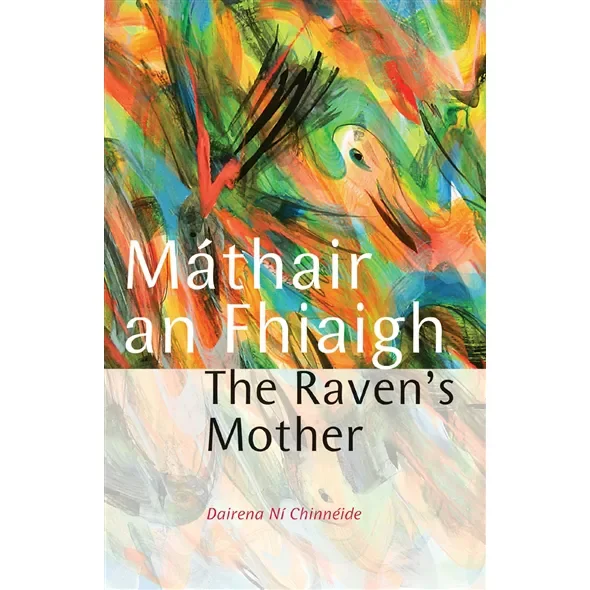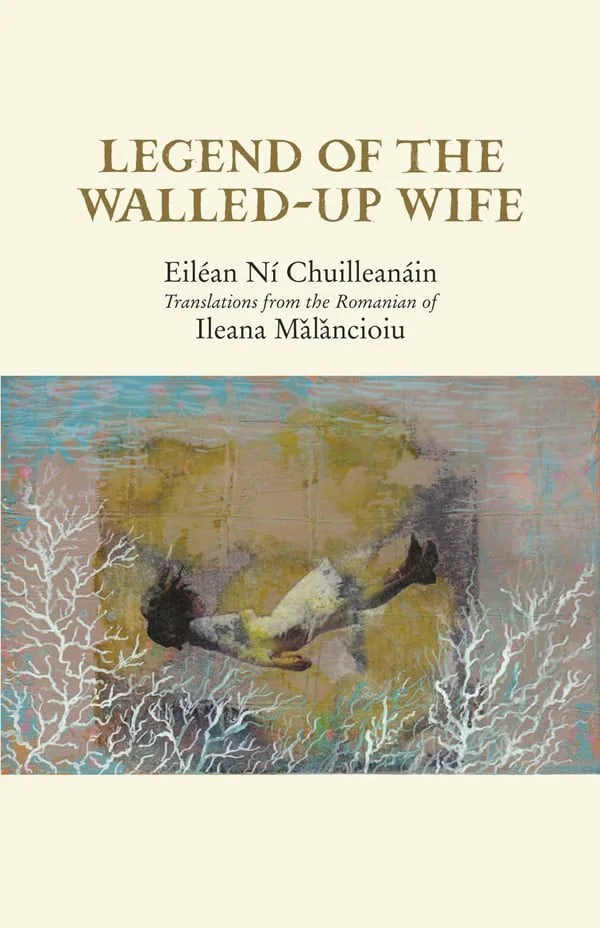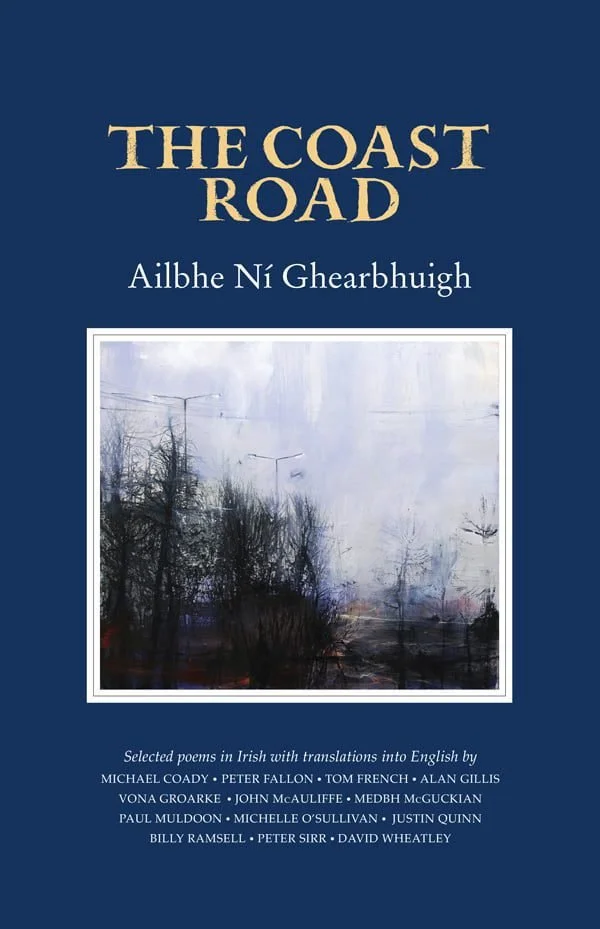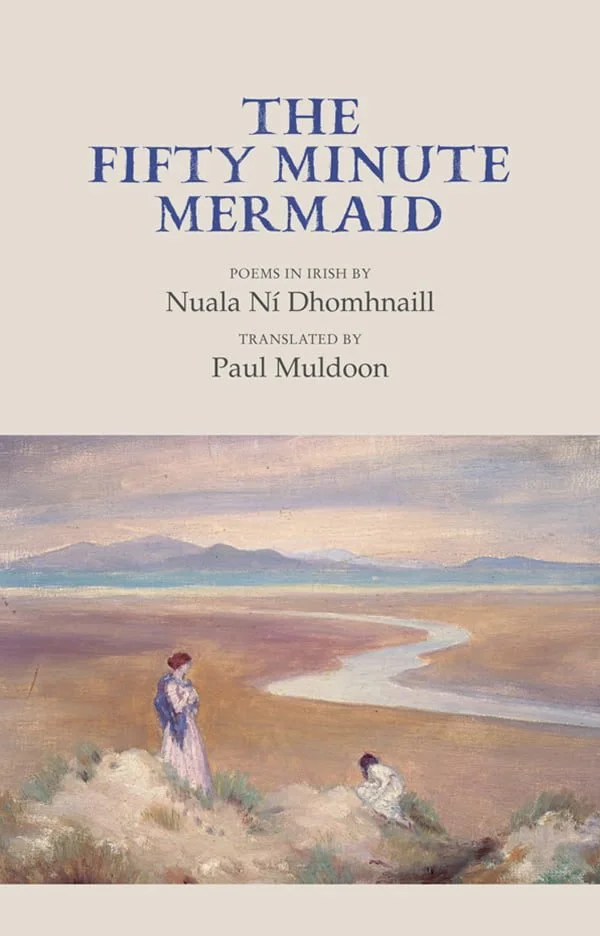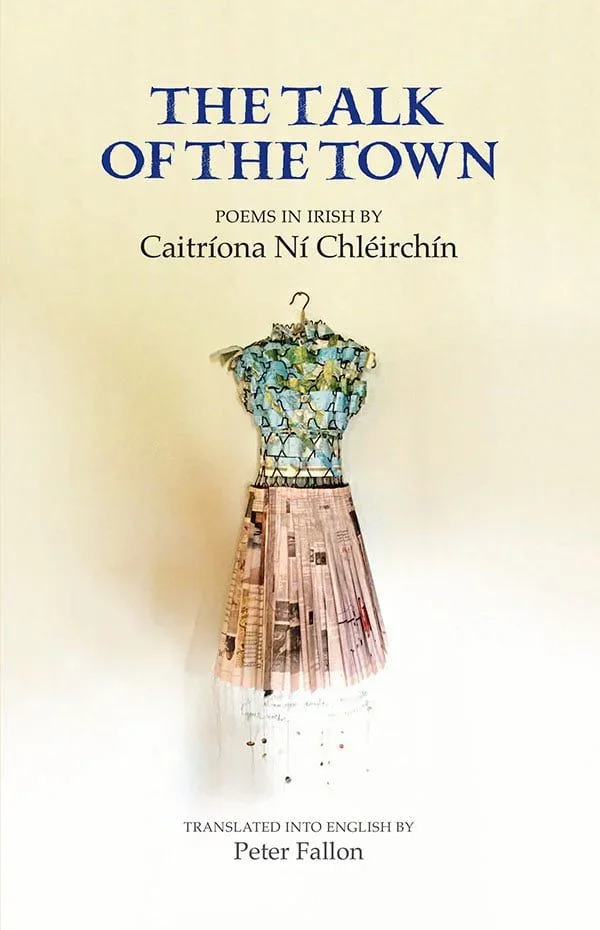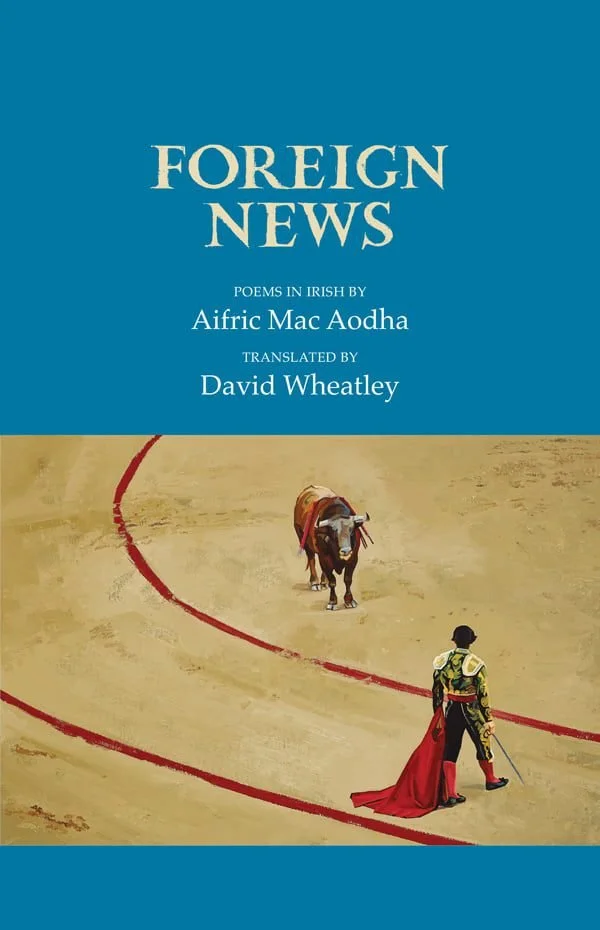Women in Translation
… here are a few of our favourite things
Love Me Tender
Translated by Holly James, Love Me Tender by Constance Debre is a poignant exploration of the complexities of intimate relationships, weaving tender moments with underlying tensions that resonate deeply with readers. Constance’s prose is both elegant and accessible, capturing the nuances of love, longing, and vulnerability with a sophisticated sensitivity. The narrative unfolds with a balance of raw emotion and subtle restraint, inviting readers into a richly textured world where passion intertwines with the fragility of human connection. This work is a compelling addition to contemporary fiction, offering a reflective and heartfelt meditation on the enduring quest for affection and understanding.
The Dangers of Smoking in Bed
Mariana Enriquez’s The Dangers of Smoking in Bed (translated by Megan McDowell) is a haunting collection of stories that masterfully intertwine elements of horror and social critique. Each tale penetrates the underbelly of contemporary Buenos Aires, revealing the unsettling truths lurking beneath everyday life. From ghostly apparitions to visceral explorations of addiction, violence, and trauma, Enriquez’s writing is both lyrical and unflinching. Her ability to weave the supernatural into the all-too-real struggles of marginalized communities creates a rich, sophisticated tapestry that challenges readers to confront discomforting realities. This collection stands as a compelling testament to the power of speculative fiction grounded in the human experience.
How to Order the Universe
How to Order the Universe by María José Ferrada and translated by Elizabeth Bryer is a compelling exploration of the intricate relationships between chaos and organization, using poetic narrative to navigate the complexities of existence. The book invites readers to contemplate how human beings impose meaning and structure on the seemingly unpredictable world around them. Through a blend of lyrical prose and profound insight, Ferrada delves into themes of memory, identity, and the universal quest for understanding. This work is both a meditation and a guide, encouraging a thoughtful reflection on how we make sense of our inner and outer universes.
Paths of the Beggar Woman: The Selected Poems of Marina Tsvetaeva
Translated by Belinda Cooke, Paths of the Beggar Woman: The Selected Poems of Marina Tsvetaeva, offers a vivid and deeply emotional journey into the mind of one of Russia’s most passionate and complex poets. Cooke’s translations capture the raw intensity, lyrical beauty, and intellectual depth of Tsvetaeva’s work, preserving the unique voice and spirit of the original Russian texts. This collection highlights Tsvetaeva’s fearless exploration of love, loss, and exile, making her poetry accessible and resonant for contemporary readers while honoring her enduring legacy in world literature.
Not One Day
Anne Garréta’s Not One Day , translated with Emma Ramadan, is a haunting and beautifully rendered exploration of memory, loss, and the enduring presence of a loved one after death. The narrative unfolds with poetic precision, blurring the boundaries between past and present as the protagonist grapples with the absence of a cherished partner. Garréta’s language is both spare and evocative, capturing the ineffable ache of mourning while simultaneously celebrating the fragments of life that remain. This novel stands as a testament to the complexity of grief, inviting readers into a deeply personal yet universally resonant meditation on love’s persistence beyond absence.
Long Live the Post Horn!
Long Live the Post Horn by Vigdis Hjorth and translated by Charlotte Barslund is a compelling and thought-provoking novel that deeply explores themes of freedom, memory, and the transformative power of storytelling. Set against a richly detailed and immersive backdrop, the narrative elegantly follows a cast of characters whose lives become intricately intertwined through letters and the symbolic presence of the post horn. Hjorth’s evocative and lyrical prose beautifully captures the emotional depth and complexity of human connections, while simultaneously raising profound and thought-provoking questions about how the past continues to influence and shape the present. This book serves as a heartfelt and poignant tribute to the enduring magic and necessity of communication in a rapidly changing and often uncertain world.
Three
Three by Valérie Perrin and translated by Hildegarde Serle is a hauntingly beautiful novel that delicately weaves together themes of memory, love, and loss with remarkable sensitivity. Perrin’s lyrical prose warmly invites readers into the intimate and often tender lives of her characters, unraveling their deeply intertwined stories with a poignant subtlety and emotional depth that resonates long after reading. Set against evocative, richly painted landscapes, the narrative thoughtfully explores how past traumas and hidden secrets shape present identities and relationships, ultimately delivering a profound meditation on resilience and the enduring power of human connection. This exquisite work stands as a shining testament to Perrin’s mastery in crafting stories that linger gently in the heart and mind well beyond the final page.
Why I No Longer Write Poems
Why I No Longer Write Poems by Diana Anphimiadi and translated by Natalia Bukia-Peters and Jean Sprackland. Anphimiadi’s decision to no longer write poems emerges from a profound shift in her creative landscape. What once was a fervent act of shaping emotions and thoughts into lyrical form now feels constrained by the very structures that once inspired her. The act of writing poetry, with its demand for economy of language and layered meanings, began to feel insufficient for capturing the complexities of her evolving inner world. Instead of forcing herself into the rigid molds of verse, she has embraced other forms of expression—those that allow for broader narrative freedom and deeper exploration. This transition is not a rejection of poetry but rather an acknowledgment that creative vitality sometimes necessitates stepping beyond former boundaries to honor the fullness of experience.
Alberta and Jacob
Alberta and Jacob, written by the remarkable Cora Sandel and masterfully translated by the gifted Elizabeth Rokkan, stands as a deeply poignant exploration of love, identity, and the rigid societal constraints of early 20th-century Norway. Sandel’s nuanced and evocative prose beautifully captures the delicate, often fraught relationship between the two protagonists, Alberta and Jacob, as they struggle to reconcile their personal desires with the weight of external expectations. Rokkan’s translation carefully preserves the subtlety and lyrical quality of Sandel’s original voice, offering English-speaking readers intimate access to this modern classic’s profound emotional depth and understated elegance. Morrigan & Co. proudly presents this thoughtfully curated edition for those who seek timeless literary craftsmanship and an insightful exploration of the complexities inherent in human connection and social boundaries.
The Faster I Walk The Smaller I Am
The Faster I Walk The Smaller I Am by Kjersti A. Skomsvold, translated thoughtfully and with great sensitivity by Kerri M. Pierce, is a deeply poignant exploration of identity, memory, and the inexorable passage of time. The narrative skillfully intertwines subtle humor with profound introspection, capturing the delicate and often contradictory complexities of human existence. Skomsvold’s lyrical prose invites readers on a reflective and intimate journey, where the simple act of walking becomes a powerful metaphor for the shrinking and expansion of the self over time. This work’s exquisite blend of wit and melancholy renders it a compelling and memorable read for those who appreciate literature that both challenges the mind and comforts the soul—a true testament to the enduring power of language, storytelling, and the art of translation.
Blue Flowers: A Novel
Blue Flowers: A Novel, by Carola Saqavedra and translated by Daniel Hahn, is a delicate and evocative exploration of memory, loss, and the fleeting nature of beauty. Rooted in a richly poetic narrative, the novel follows its characters through intertwined reflections that unfold with a quiet intensity. Hahn’s translation captures the lyrical subtleties of the original text, preserving its sophisticated emotional depth while rendering it accessible to an English-speaking audience. This work stands as a testament to the power of language to evoke profound human experience, making it an essential read for those who appreciate literary fiction with an introspective and contemplative edge.
Pocket Apocalypse
Pocket Apocalypse by Katarzyna Borun-Jagodzinska and translated by Gerry Murphy is a striking collection of poems that deftly navigate the turbulent landscape of contemporary anxieties with a refined and unflinching voice. These poems weave together themes of existential dread, societal decay, and personal reflection, all encapsulated within succinct and powerful verses. Borun-Jagodzinska’s work resonates with a sophisticated depth, making it both a compelling read for poetry aficionados and a poignant commentary on the world’s precarious state. This volume stands as an essential addition to any collection seeking to capture the tension and beauty of modern poetic expression.
The Raven’s Mother: Mathar an Fhiaigh
The Raven’s Mother: Mathair an Fhiaigh by, and translated by, Dairena Ní Chinnéide is a compelling collection of poetry that delves into themes of identity, heritage, and transformation. Rooted in Irish culture and myth, Ní Chinnéide’s work intertwines personal and political narratives, evoking the power of ancestral voices and the haunting presence of the natural world. The poems resonate with a lyrical intensity, balancing fragility and strength, tradition and innovation, inviting readers into a richly textured exploration of language and memory. This volume stands as a testament to Ní Chinnéide’s ability to blend mythic symbolism with contemporary experience, crafting a distinctive voice in modern poetry.
High Tide
High Tide by Biancamaria Frabotta, and translated by Leland Bardwell, Jo Slade, and Theo Dorgan among others, is a powerful collection that explores themes of change, nature, and emotional intensity. Frabotta uses the rising tide as a metaphor for overwhelming feelings and the inevitability of transformation. The vivid imagery and rhythmic flow draw readers into a moment of reflection and immersion, capturing both the tranquility and the force of the sea. Her language balances raw emotion with subtle nuance, making High Tide a compelling meditation on both the external world and inner experience.
Legend of the Walled-up Wife
Eiléan Ní Chuilleanáin’s Legend of the Walled-up Wife, from the Romanian of Ileana Mălăncioiu, is a haunting exploration of sacrifice, silence, and the unseen suffering that underpins human relationships. Through a sophisticated interplay of myth and personal narrative, the poem revives the ancient motif of the walled-up wife—an archetype of both punishment and protection—illuminating the complex dynamics of gender, power, and endurance. Ní Chuilleanáin’s language is both lyrical and precise, weaving a tapestry of historical resonance and emotional depth that invites readers to confront the intersections between history and personal memory, the visible and the concealed. This work stands as a profound meditation on the costs of survival and the shadows cast by history on contemporary identity.
The Coast Road
The Coast Road by Ailbhe Ní Ghearbhuigh,with translations from Vona Groarke, Medbh McGuckian, Paul Muldoon, among others, stands as a striking and compelling collection of contemporary poetry. This remarkable work delves deeply into intricate themes of identity, language, and displacement, all conveyed with profound emotional depth and impeccable lyrical precision. Ní Ghearbhuigh masterfully crafts poems that feel at once intensely personal yet universally resonant, vividly evoking landscapes that exist simultaneously in the physical world and within metaphorical realms. The collection is distinguished by its sophisticated and imaginative use of imagery, alongside a nuanced and thoughtful exploration of cultural memory. This powerful combination makes The Coast Road an essential and enriching read for anyone passionate about modern poetic voices that both challenge and beautifully expand the boundaries of tradition.
The Fifty Minute Mermaid
The Fifty Minute Mermaid, by Nuala Ní Dhomhnaill and translated by Paul Muldoon, is a compelling and evocative collection that masterfully melds the rich textures of Irish mythology with the clarity and immediacy of a contemporary voice. Ní Dhomhnaill’s original Irish poems shimmer with lyrical intensity and profound cultural resonance, delving deeply into themes of identity, loss, and transformation with a rare emotional and intellectual depth. Muldoon’s expert translation skillfully preserves the musicality, subtlety, and nuance of the source text, making the work richly accessible to a wider audience while maintaining its original poetic integrity and spirit. This carefully curated edition stands as a vital and enriching addition to any discerning literary collection, embodying both the timeless allure of folklore and the innovative, boundary-pushing spirit of modern poetry.
Lament for Art O’Leary
Vona Groarke’s Lament for Art O’Leary reimagines the tragic 18th-century Irish ballad through a contemporary lens, weaving a sophisticated meditation on loss, memory, and cultural identity. The poem channels the voice of Eibhlín Dubh Ní Chonaill, Art O’Leary’s widow, with lyrical precision and emotional depth, while exploring themes of grief and resilience. Groarke’s language is both evocative and restrained, capturing the timeless pain of separation while situating the lament within modern sensibilities. This work stands as a poignant tribute to Ireland’s literary heritage, highlighting the enduring power of poetry to bridge past and present.
The Talk of the Town
The Talk of the Town by Caitríona Ní Chléirchín, and translated by Peter Fallon, is a compelling collection of poetry that delves into the nuances of memory, identity, and the passage of time with sharp emotional clarity. Ní Chléirchín’s work is marked by a keen observation of the everyday, unfolding the complexities of human experience through precise language and evocative imagery. Her verses navigate the delicate intersections of personal and collective histories, often rooted in Irish cultural and social contexts, making the collection both intimate and universally resonant. This volume stands out for its lyrical sophistication, offering readers a richly textured encounter with the speaking voice’s inner world and the broader landscape in which it resides.
Foreign News
Foreign News, by Aifric Mac Aodha and translated by David Wheatley, emerges as a compelling exploration of transnational experiences and global interconnectedness, framed through richly evocative poetry. The collaboration between MacAodha’s lyricism and Wheatley’s incisive reflections offers readers a nuanced meditation on displacement, memory, and the flux of contemporary identity. Through vivid imagery and a sophisticated interplay of voices, the collection invites a deep engagement with the political and personal dimensions of migration and cultural exchange, marking it as a significant contribution to modern Irish literature and the broader landscape of world poetry





